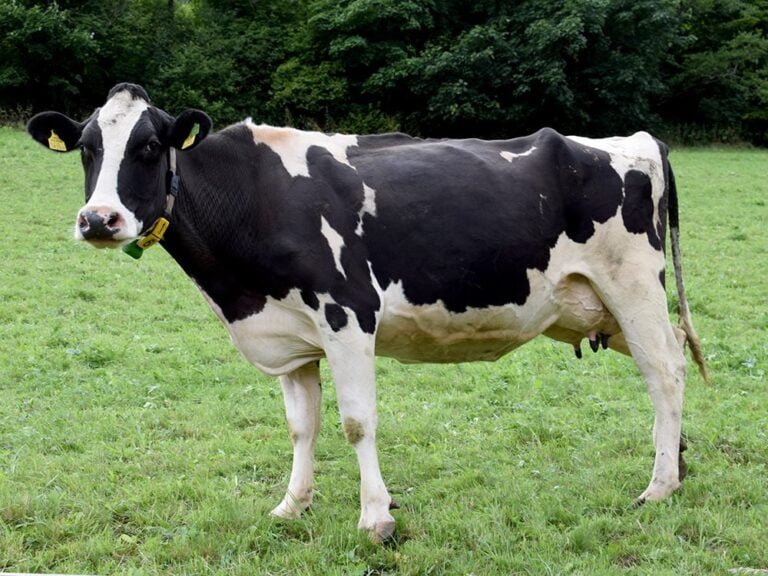parer
The French verb “parer” means “to ward off,” “to parry,” or “to fend off.”
It can also mean “to protect,” “to attribute” or “to adorn.” So many meanings for one verb!
- Le gardien a réussi à parer le tir du joueur adverse. (The goalkeeper managed to ward off the opponent’s shot.)
- Le maître d’escrime a enseigné à ses élèves comment parer les coups de leur adversaire. (The fencing master taught his students how to parry their opponent’s strikes.)
- Le chien a paré l’intrus en aboyant et en montrant les dents. (The dog fended off the intruder by barking and showing its teeth.)
- La crème solaire aide à parer la peau contre les effets nocifs du soleil. (Sunscreen helps protect the skin against the harmful effects of the sun.)
- La mariée se pare d’une robe blanche et de bijoux scintillants. (The bride adorns herself with a white dress and sparkling jewelry.)
- On lui a toujours paré de qualités de leadership et de compassion. (He has always been attributed with qualities of leadership and compassion.)






